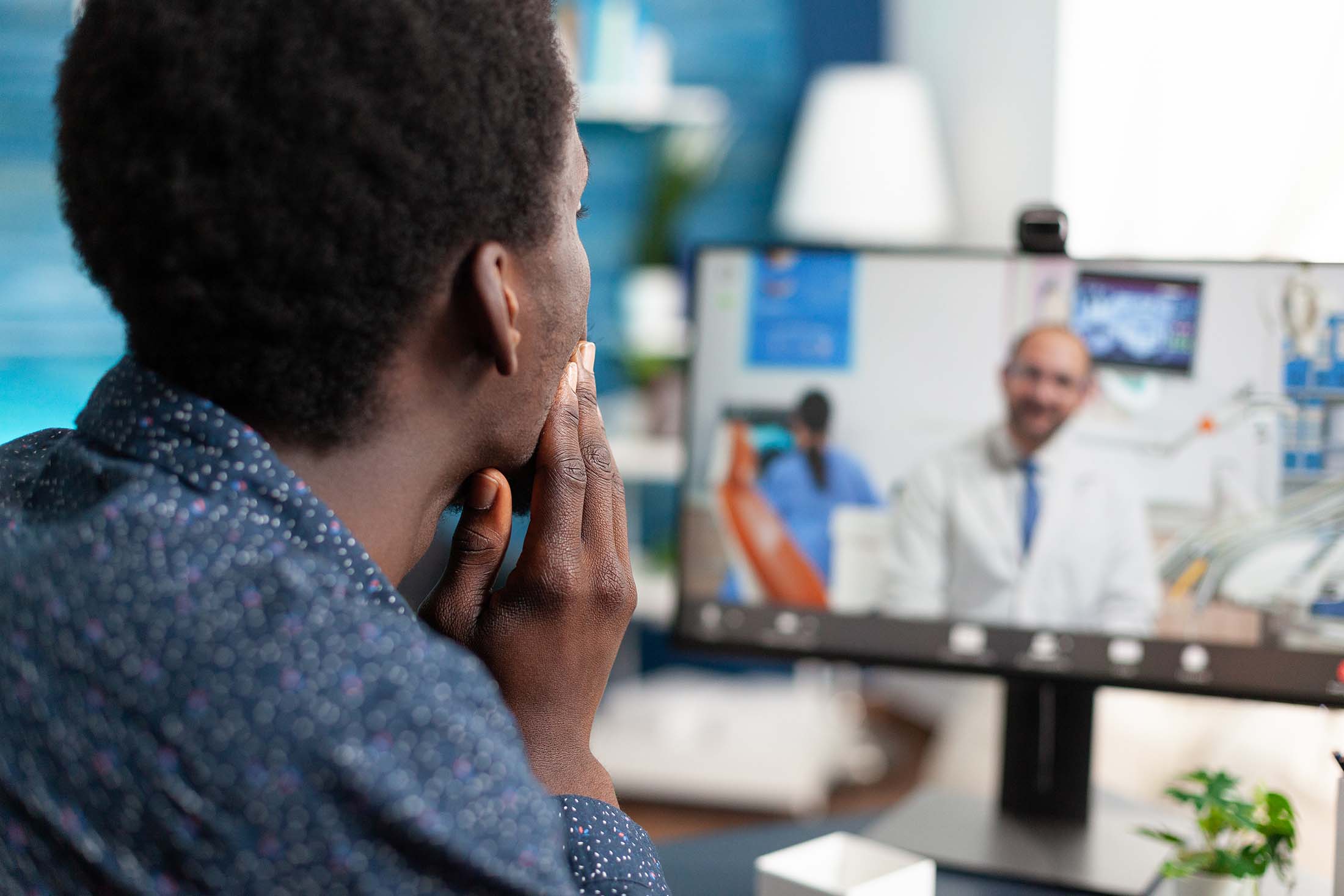Surgical Pain Management
In Los Angeles, the Southern California Multi-Specialty Center (SCMSC) leads in expert pain management solutions for surgical patients. Our commitment spans from precise pre-surgery preparation to comprehensive post-surgery care, focusing on alleviating discomfort and enhancing recovery. SCMSC’s specialized teams ensure every patient receives tailored pain control techniques, integrating the latest in pain medicine for optimal results. This guide delves into our Los Angeles center’s strategies for managing pain effectively at every surgery phase, reflecting our dedication to your health and comfort.

Before Surgery: Preparing for Pain Management
Before undergoing surgery, our health care providers work closely with you to develop a personalized pain management plan. This plan may include pain medications to reduce preoperative anxiety and prevent post-surgical pain. Our pain specialists might suggest oral pain medications or nonsteroidal anti-inflammatory drugs (NSAIDs) like naproxen sodium, depending on your specific needs and medical history.
We also discuss pain relief strategies such as nerve blocks and regional anesthesia, which can target specific areas of the body, reducing acute pain during and after the procedure. Our goal is to achieve satisfactory pain control with minimal side effects, preparing your body and mind for surgery.

During Surgery: Advanced Pain Control Techniques
During surgical procedures, the team at SCMSC employs advanced techniques for pain control. Patient-controlled analgesia (PCA) and patient-controlled epidural analgesia offer you the flexibility to manage pain according to your comfort level, under our expert guidance. For certain types of surgery, intravenous patient-controlled analgesia or epidural analgesia provides effective pain relief while maintaining consciousness.
Regional anesthesia plays a vital role in our pain management strategy, offering less pain and a quicker recovery for many patients. Techniques like spinal blocks or nerve blocks ensure pain relief without the need for heavier opioid medications, reducing the risk of opioid misuse and addiction.

After Surgery: Postoperative Pain Management and Recovery
After surgery, managing postoperative pain is crucial for your recovery. Our pain management approach includes a combination of pain medications, physical therapy, and relaxation techniques to help your body heals. We closely monitor postoperative pain levels to adjust your pain medication regimen as needed, ensuring effective pain management.
Postoperative pain control strategies such as epidural catheter for continuous infusion of local anesthetics or patient-controlled analgesia allow for personalized pain relief. We also encourage the use of transcutaneous electrical nerve stimulation (TENS) and physical therapy to aid in recovery and manage pain without excessive reliance on pain pills.

Beyond Medication: Holistic Approaches to Pain Management
At SCMSC, we understand that pain management extends beyond medications. Physical therapy, nerve blocks, and relaxation techniques are integral to our holistic approach, helping chronic pain patients and those recovering from surgery to relieve pain more effectively. We also focus on education, teaching coping skills and pain perception management to empower you in your recovery journey.
Pain Management Frequently Asked Questions
What is the difference between pain management and interventional pain management?
Pain management encompasses a broad spectrum of strategies aimed at controlling pain, including medications (pain pills, oral pain medications), physical therapy, and relaxation techniques. It’s about finding the best approach to manage pain and improve quality of life for those with chronic pain or recovering from surgery.
Interventional pain management, on the other hand, refers to specific pain treatment procedures like nerve blocks, epidural injections, and patient-controlled analgesia. These methods are more direct, often used when conventional pain relief strategies are not sufficient. Interventional techniques can provide significant relief for chronic pain patients and those experiencing severe pain, offering targeted approaches to control pain effectively.
Are there ways I can relieve pain without medication?
Absolutely! Many individuals find relief through non-medical pain management techniques. Physical therapy can significantly help by strengthening muscles and improving flexibility, which, in turn, reduces pain occurrence. Transcutaneous electrical nerve stimulation (TENS) uses mild electrical currents to relieve pain, while relaxation techniques such as guided imagery or deep breathing exercises can also manage pain by reducing stress and promoting relaxation. Implementing these strategies can be a crucial part of a comprehensive pain management plan, especially for those looking to minimize reliance on pain medications.
How can I manage my own pain relief after minor surgery and during home recovery?
Mild to moderate pain
After minor surgery, effective pain management is key to a smooth recovery. Start with following your healthcare provider’s advice on taking any prescribed pain medications responsibly. Incorporating over-the-counter pain relievers under guidance can also be part of your postoperative pain management strategy.
Beyond medications, gentle physical activity as recommended by your doctor, can aid in recovery and pain relief. Nerve block techniques or local anesthetics may be used initially for managing pain directly after surgery. Additionally, relaxation techniques and ice or heat application can soothe discomfort and control pain effectively. Engaging in patient-controlled analgesia, if available, allows you to manage your pain relief needs while avoiding overmedication. Always stay in close communication with your healthcare team to adjust your pain management plan as your recovery progresses.
Moderate to severe pain
After minor surgery, while managing pain at home, remember that experiencing moderate to severe pain is not typical. At Southern California Multi-Specialty Center, we want to ensure your recovery is as comfortable as possible. If you find the pain difficult to manage or if it intensifies, please don’t hesitate to reach out to us. Our dedicated team is here to support you through your recovery journey, offering tailored pain management solutions to improve your comfort. Your well-being is our top priority, and we’re committed to providing the care you need, when you need it.

Continuous Care and Support
Our pain physicians and health care providers are committed to providing ongoing support throughout your recovery. We adjust pain treatment plans based on your progress and feedback, ensuring satisfactory pain control. Our multidisciplinary team is always available to address any concerns and modify pain relief strategies as your body heals and recovers.
At Southern California Multi-Specialty Center, we are dedicated to providing comprehensive pain management before, during, and after surgery. By combining advanced pain control techniques with a personalized approach to care, we aim to ensure your comfort and facilitate a smooth recovery. If you’re preparing for surgery and have concerns about pain management, contact our office today to learn more about how we can support your journey towards healing and recovery.






